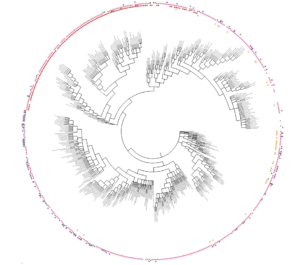
Our research encompasses cellular, molecular and physiological aspects of selenium biology.
We focus on understanding the how selenium metabolism controls redox homeostasis, energy expenditure and contributes to the development of obesity. We use mouse and cell culture as models.

How Se deficiency impacts adipocyte function? Is an intact Se metabolism required for lipid accumulation and redox control?

Although the stress response helps an organism adapt to a challenging environment, chronic exposure to stressful stimuli can have negative consequences. Prolonged elevation of glucocorticoid stress hormones, widely prescribed as anti-inflammatory and immuno-suppressive medications, can cause metabolic disturbances, such as over-eating and excess weight gain, as well as neurological symptoms in humans. Our lab investigates the potential for the essential micronutrient selenium to counteract the negative effects of glucocorticoids on a cellular and whole-body level. We have revealed a protective role for selenium against glucocorticoid-induced obesity in mice and are working to determine the underlying mechanisms, with a special emphasis on the brain and other tissues involved in energy balance.

Or: building the phylogenetic tree for the Se recycling enzyme.

All publications
